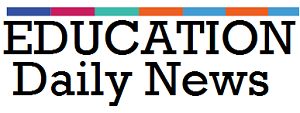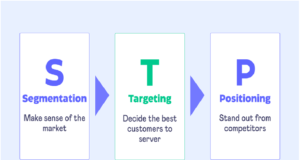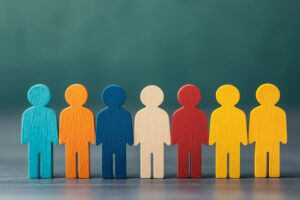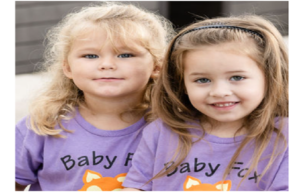How College and Career Readiness Skills Differ

When students enter college and the working world with confidence, they’re more likely to succeed and thrive in their future lives. That’s why today’s educators are focused on building college and career readiness skills among learners.
If you’re looking to learn more about these crucial skill sets, how they differ, and how to apply them in your classroom, keep reading!
What is College Readiness?
College readiness refers to a person’s ability to succeed academically, socially, and emotionally in a tertiary education setting. It not only involves the mastery of academic skills, but also soft skills like critical thinking, problem-solving, and time management.
College readiness skills can help students approach tertiary education tasks with confidence, such as writing academic essays and presenting oral reports.
Educators play a critical role in building college readiness skills in their students. There are many ways to achieve this such, as through hands-on projects and experiences, visits to local colleges and universities, and guided study.
Providing students with access to specialised resources, such as college and career counselling, can also help build these skills.
What is Career Readiness?
Career readiness, as you might guess, refers to a person’s preparedness for entering the workforce and their ability to secure employment. It encompasses a range of skills, including technical skills, work-related competencies, and soft skills like communication and teamwork.
In today’s competitive job landscape, employers seek out applicants who are ready to jump right into the working world and proceed with confidence. They’ll look for skills such as digital literacy, leadership, entrepreneurial skills, and flexibility.
By exposing students to real-world experiences and focusing on necessary skills, educators can help students become more prepared for the workforce and make informed career decisions.
College vs. Career Readiness: Key Differences
While college and career readiness have some overlap, there are some distinct differences.
College readiness skills focus more on the preparation for tertiary education and academic success, while career readiness skills focus on helping students find and secure work—and thrive in the workplace—after graduation.
Here’s a quick breakdown of the different skills involved in college and career readiness.
| Career Readiness Skills | College Readiness Skills |
| ● Interpersonal and conflict resolution skills
● Adaptability and flexibility ● Problem-solving ● Critical thinking ● Organisation and time management ● Entrepreneurial skills ● Financial literacy ● Digital literacy ● Cultural competence ● Professionalism ● Work ethic |
● Time management
● Critical thinking ● Problem-solving ● Teamwork ● Research skills ● Effective note-taking and study skills ● Independent learning ● Self-directed study ● Goal-setting and planning ● Technological proficiency ● Essay writing and referencing ● Test and exam preparation |
As you can see, there is some intersection between the skill sets. However, college readiness has a stronger focus on skills that can aid in academic success—i.e. preparing for exams or studying independently—while career readiness skills focus on professionalism and career competence.
Different, But Equally Important
While college and career readiness skills are similar in some ways, there are key differences between the two. College readiness focuses primarily on academic and personal development, while career readiness focuses on job-related competencies and professional development.
College readiness skills make a strong foundation for building career readiness skills, so make sure to focus on both skill sets in your classroom.







